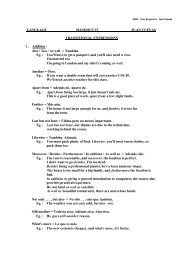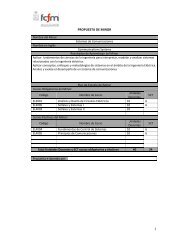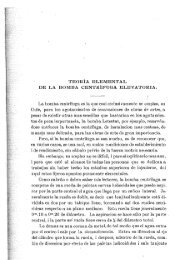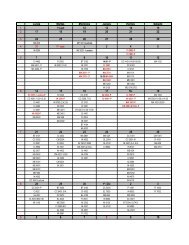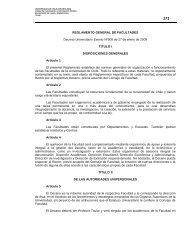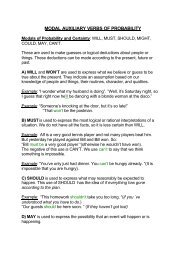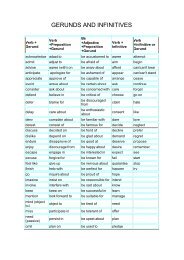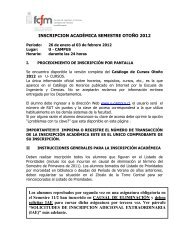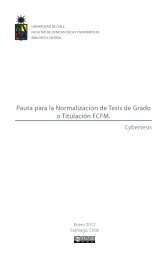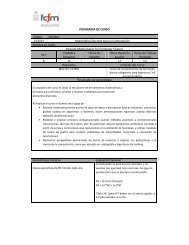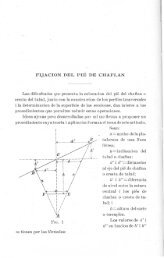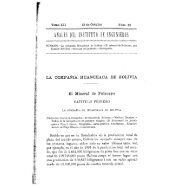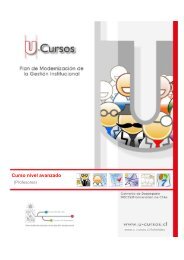Form of the Present Perfect
Form of the Present Perfect
Form of the Present Perfect
You also want an ePaper? Increase the reach of your titles
YUMPU automatically turns print PDFs into web optimized ePapers that Google loves.
<strong>Present</strong> <strong>Perfect</strong> -<strong>Form</strong>We form <strong>the</strong> <strong>Present</strong> <strong>Perfect</strong> with have and <strong>the</strong> past participle(regular verbs: infinitive + -ed; irregular verbs: 3rd column <strong>of</strong> <strong>the</strong> table <strong>of</strong> <strong>the</strong>irregular verbs)have/has + past participlehas: 3rd person singular (he, she, it)have: all o<strong>the</strong>r formspast participle:- regular verbs: infinitive + -ed- irregular verbs: 3rd column <strong>of</strong> <strong>the</strong> table <strong>of</strong> <strong>the</strong> irregular verbsAffirmative sentencesregular verbsI/we/you/<strong>the</strong>y have playedfootball.He/she/it has played football.irregular verbsI/we/you/<strong>the</strong>y have gone to <strong>the</strong> supermarket.He/she/it has gone to <strong>the</strong> supermarket.NOTE: We use has in <strong>the</strong> 3rd person singular (he, she, it).Negative sentencesregular verbsirregular verbsI/we/you/<strong>the</strong>y have not played I/we/you/<strong>the</strong>y have not gone to <strong>the</strong>football.supermarket.He/she/it has not played football. He/she/it has not gone to <strong>the</strong> supermarket.NOTE: We use has in <strong>the</strong> 3rd person singular (he, she, it).Questionsregular verbsHave I/we/you/<strong>the</strong>yplayedfootball?Has he/she/it played football?irregular verbsHave I/we/you/<strong>the</strong>y gone to <strong>the</strong> supermarket?Has he/she/it gone to <strong>the</strong> supermarket?NOTE: We use has in <strong>the</strong> 3rd person singular (he, she, it).
<strong>Present</strong> <strong>Perfect</strong> - UseThe <strong>Present</strong> <strong>Perfect</strong> is not easy to understand for ESL learners. It is acombination <strong>of</strong> past and present. An actions in <strong>the</strong> past has something to do with<strong>the</strong> present.1) Result <strong>of</strong> an action in <strong>the</strong> past is important in <strong>the</strong> present (It is notimportant when this action happened. When we use a specific time in <strong>the</strong> past -e.g. yesterday - <strong>the</strong>n we use <strong>the</strong> Simple Past.)I have cleaned my room. (It is clean now.)Has Peggy ever been to Tokyo? (Has Peggy been <strong>the</strong>re or not?)2) Recently completed actionsHe has just played handball. (It is over now.)3) Actions beginning in <strong>the</strong> past and still continuing - mostly with since(point <strong>of</strong> time) or for (period <strong>of</strong> time)We have lived in Canada since 1996. (We still live <strong>the</strong>re.)We have lived in Canada for ten years (We still live <strong>the</strong>re.)4) toge<strong>the</strong>r with lately, recently, yetI have been to London recently. (no specific point <strong>of</strong> time)He has not written <strong>the</strong> e-mail yet. (He has not done it.)<strong>Present</strong> <strong>Perfect</strong> - DiagramWe use <strong>the</strong> <strong>Present</strong> <strong>Perfect</strong> for actions in <strong>the</strong> past which have a connection to <strong>the</strong>present. The time when <strong>the</strong>se actions happened is not important.
We use <strong>the</strong> <strong>Present</strong> <strong>Perfect</strong> for recently completed actions.We use <strong>the</strong> <strong>Present</strong> <strong>Perfect</strong> for actions beginning in <strong>the</strong> past and still continuing.<strong>Present</strong> <strong>Perfect</strong> –Indefinite time expressionsThese words tell you what tense you have to use. For <strong>the</strong> <strong>Present</strong> <strong>Perfect</strong> <strong>the</strong>following words are used frequently:justyetneveralreadyeverso farup to nowrecentlysincefor
Often when we look back on <strong>the</strong> recent past we use <strong>the</strong> words 'just''already' or <strong>the</strong> word 'yet' (in negatives and questions only).• I've just finished.• She's just arrived.• We've already spoken about that.• They've already met.• I haven't finished yet.• They don't know yet.• Have you spoken to him yet?• Has he got back to you yet?"HAVE BEEN" or "HAVE GONE"?Have been is used to talk about completed visits.Have gone implies that <strong>the</strong> person has not yet returned.• have beenHave you ever been to Europe?I've been to Europe twice.He has never been to Japan.• have goneWhere is Tom?He has gone to Europe.Past simpleObserve <strong>the</strong> difference between <strong>the</strong> present perfect and <strong>the</strong> simple pastWe use <strong>the</strong> past simple to talk about actions and states which we see ascompleted in <strong>the</strong> past.We can use it to talk about a specific point in time.• She came back last Friday.• I saw her in <strong>the</strong> street.• They didn't agree to <strong>the</strong> deal.It can also be used to talk about a period <strong>of</strong> time.• She lived in Tokyo for seven years.• They were in London from Monday to Thursday<strong>of</strong> last week.
• When I was living in New York, I went to all <strong>the</strong>art exhibitions I could.You will <strong>of</strong>ten find <strong>the</strong> past simple used with definite time expressionssuch as <strong>the</strong>se:• Yesterday• three weeks ago• last year• in 2002• from March to June• in <strong>the</strong> 1980s• in <strong>the</strong> last century• in <strong>the</strong> pastWe use <strong>the</strong> Simple Past when we talk about something which started and finishedin <strong>the</strong> past.We use <strong>the</strong> Simple Past to describe a series <strong>of</strong> actions in <strong>the</strong> past.We use <strong>the</strong> Simple Past (red) toge<strong>the</strong>r with <strong>the</strong> Past Progressive (grey). Theaction in <strong>the</strong> Simple Past interrupted <strong>the</strong> action in <strong>the</strong> Past Progressive (<strong>the</strong> onewhich was in progress).



